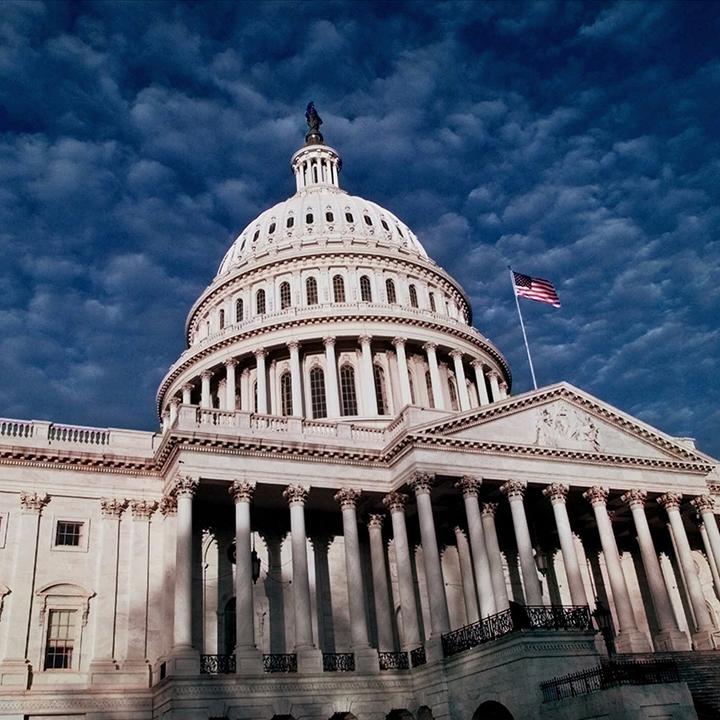

A former U.S. ambassador outlines specific steps Washington and Europe can take to avoid a potential geostrategic shift as dramatic as 1989, only in the other direction.
The following is an excerpt from Ambassador Jeffrey's prepared remarks; download the PDF to read his full testimony or watch video of the hearing.
What has happened in Ukraine is the most significant challenge to the international order since the attacks of September 11. While not aimed directly at the United States, the strategic fallout of Russia's aggression against Ukraine is, in some respects, more threatening to the global order we have helped build and defend over the past century. After all, we are not dealing with a terrorist group, but a nuclear-armed UN Security Council permanent member, one of the world's greatest hydrocarbons exporters, intending to regain the international status enjoyed by the Soviet Union. To this end, Russia has used all tools at its disposal, from gas export blackmail to direct and indirect invasion -- from Georgia and Syria to Crimea and Eastern Ukraine -- to achieve that status, not only trampling the values that ground our global order in the process, but to a significant degree, attempting to replace it.
As such, the Ukraine crisis requires action at three levels by the United States and its partners. First, we must take immediate steps to deal with the situation at hand in a Ukraine being deliberately destabilized. Second, we must take long-term steps to counter the Russian goal of denying Ukraine any level of independence and stability that would permit it to develop relations with the West and avoid being absorbed by Russia. Third, Russian actions in Ukraine and elsewhere, combined with China's actions in its near abroad, and the ever-deepening partnership of Russia and China, require us and our friends to rethink the very foundations of the international order since 1989. The Obama administration has been generally successful at the first level and is working hard at the second, but appears at best uncertain about the third....
Senate Committee on Foreign Relations




